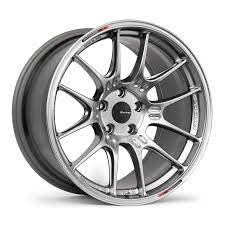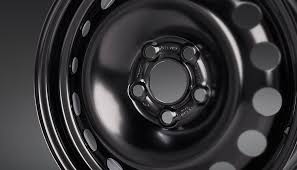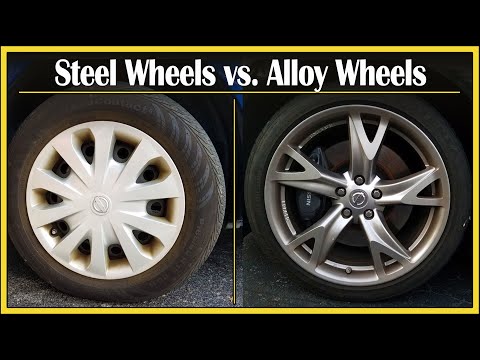Wheels are one of the most important parts of a car. Surely, it is impossible to run a car without its wheels. But there are various types of wheels available in the market such as alloy wheels, steel wheels, carbon wheels, forged and cast wheels, chrome wheels, carbon wheels, and so on.
In this article, we will discuss only alloy and steel wheels. These two types of wheels are widely used all over the world. However, alloy wheels are considered the most popular wheels in the world. Undoubtedly, there are various reasons behind it.
Positive Sides of Alloy Wheels

Alloy wheels are made of aluminum, nickel, and magnesium. Some of the positive sides of alloy wheels are:
- Alloy wheels are lighter
- A driver can get more fuel economy by using alloy wheels
- Alloy wheels handle well
- Alloy wheels give less stress on the suspension
- These wheels are good for quick acceleration
- Widely customizable
- Alloy wheels do not get corroded most often
Negative Sides of Alloy Wheels
- Alloy wheels are expensive
- It is quite tough to repair alloy wheels
- Not that strong compared to steel wheels
- Can be broken easily
- Not suitable for heavy-duty operation
- Cannot absorb shocks like steel wheels
Well, everything has both positive and negative sides. Alloy wheels are not different in this case.
Positive Sides of Steel Wheels

An alloy of iron and carbon is used to manufacture steel wheels. In the base model cars, automakers often provide steel wheels instead of alloy wheels. Steel wheels also have some popularity in some cases. Why?
- Steel wheels are cheaper to manufacture. As a result, consumers can buy them without spending much.
- These are stronger compared to alloy wheels
- Easy to repair if needed
- Steel wheels can absorb more shocks
- These are good for driving in winter. Because of their heaviness, these wheels can create better friction.
- Usable when it comes to heavy-duty operations
Negative Sides of Steel Wheels
- Can be corroded easily
- Not customizable
- Not fuel economy friendly
- Puts extra pressure on the suspension
- Not good for faster acceleration
Negative Sides of Steel Wheels
- Can be corroded easily
- Not customizable
- Not fuel economy friendly
- Puts extra pressure on the suspension
- Not good for faster acceleration
Which Are Suitable for You
The decision depends on many aspects. It may vary from user to user. Yes, a user may use both of these. How? In winter, many people use winter tires along with steel wheels. As a result, it becomes easy to drive. But what if you want to use only one kind of wheel all year?
If you want good-looking wheels which will be good for both acceleration and fuel economy, then go for alloy wheels. But if you want wheels that will last for so long and are cheap to maintain, then you should go for steel wheels. Steel wheels are extremely reliable but do not look that good compared to alloy wheels.
Conclusion
Both alloy wheels and steel wheels are good to buy. But the preference mainly depends on the buyers. Both have their own pros and cons. So, take a decision considering these facts.
Read here more:







More Stories
Do alloy wheels make the difference?
You Are Not Doing Right by Installing Oversized Wheels
The Technology and the Materials That Are Used Into Wheels